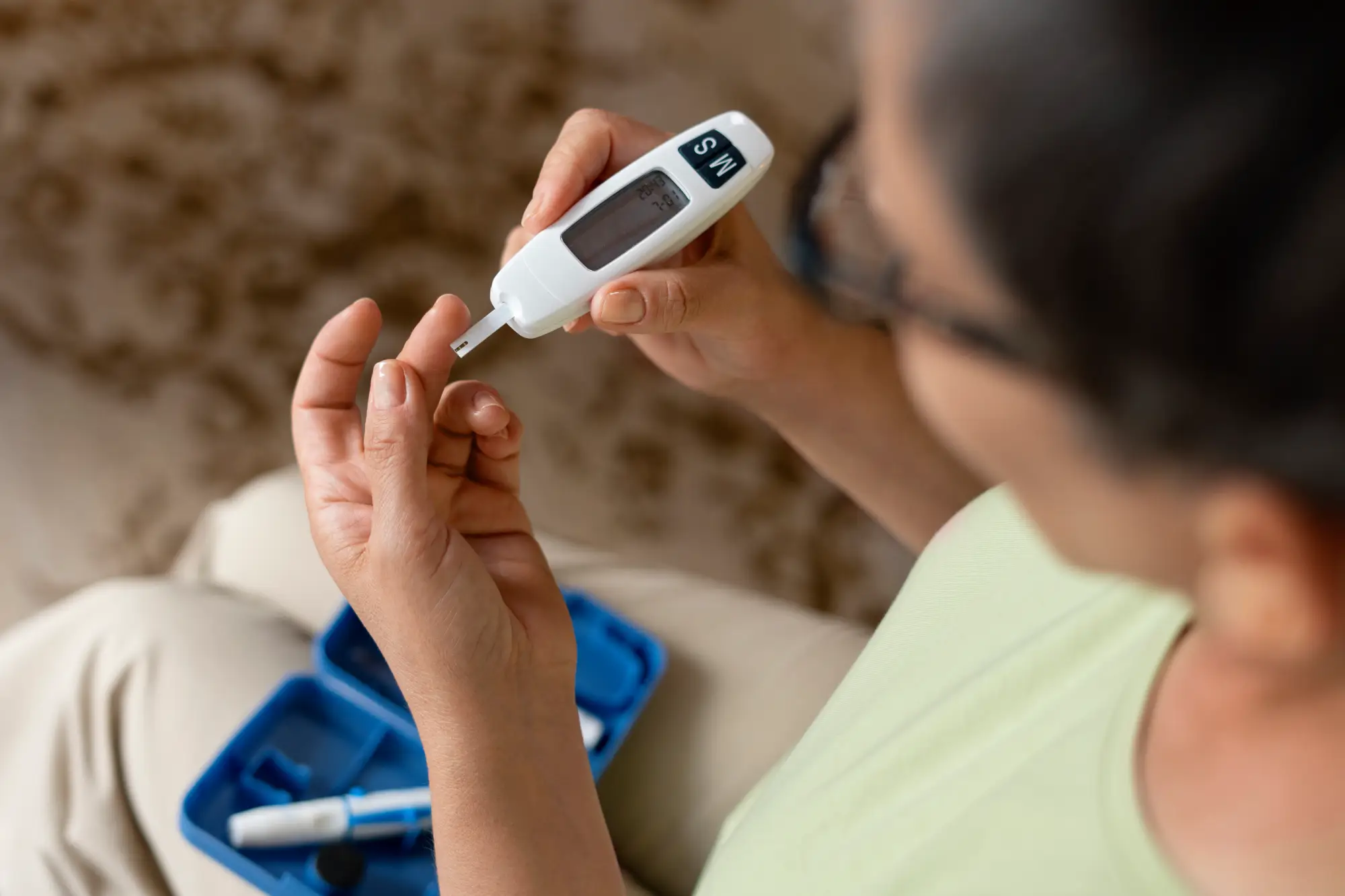blogs
- Home
- -
- blogs details
The Dawn Phenomenon in Diabetics: What Is It and Why Does It Happen
Some diabetics experience a sudden spike in blood sugar levels during the early morning hours, a condition medically known as the "dawn phenomenon." This can be concerning, especially if it persists for repeated periods without a clear explanation.
According to the Cleveland Clinic, the dawn phenomenon is a common condition that occurs not only in diabetics but also in healthy individuals. It is characterized by a normal rise in blood sugar before waking up, without external intervention such as eating.
What Causes the Dawn Phenomenon?
During sleep, the body is in a fasting state, which prompts it to secrete a group of hormones to maintain energy and blood sugar balance, such as cortisol, growth hormone, glucagon, and epinephrine. These hormones reduce the effectiveness of insulin, leading to a rise in blood sugar as dawn approaches.
How Is It Detected?
The dawn phenomenon is often not accompanied by any apparent symptoms. It is detected by measuring blood sugar early in the morning before eating, when the readings show an unexpected increase.
How to Deal with It
It is recommended to consult a doctor to adjust your treatment plan, which may include:
• Monitoring blood sugar overnight for several days.
• Adjusting the timing or dosage of insulin or diabetes medications.
• Reorganizing the timing and content of your dinner meal.
• Engaging in light physical activity in the evening to improve insulin sensitivity.
Monitoring this condition is essential to control blood sugar levels and avoid any future complications.
Our blogs
Related Posts
-
Is your hair loss normal 7-7-2025
-
How does anxiety affect the stomach 11-8-2025
We Always Provide Support
We provide 24/7 technical support with a distinguished team to provide the appropriate service.





















